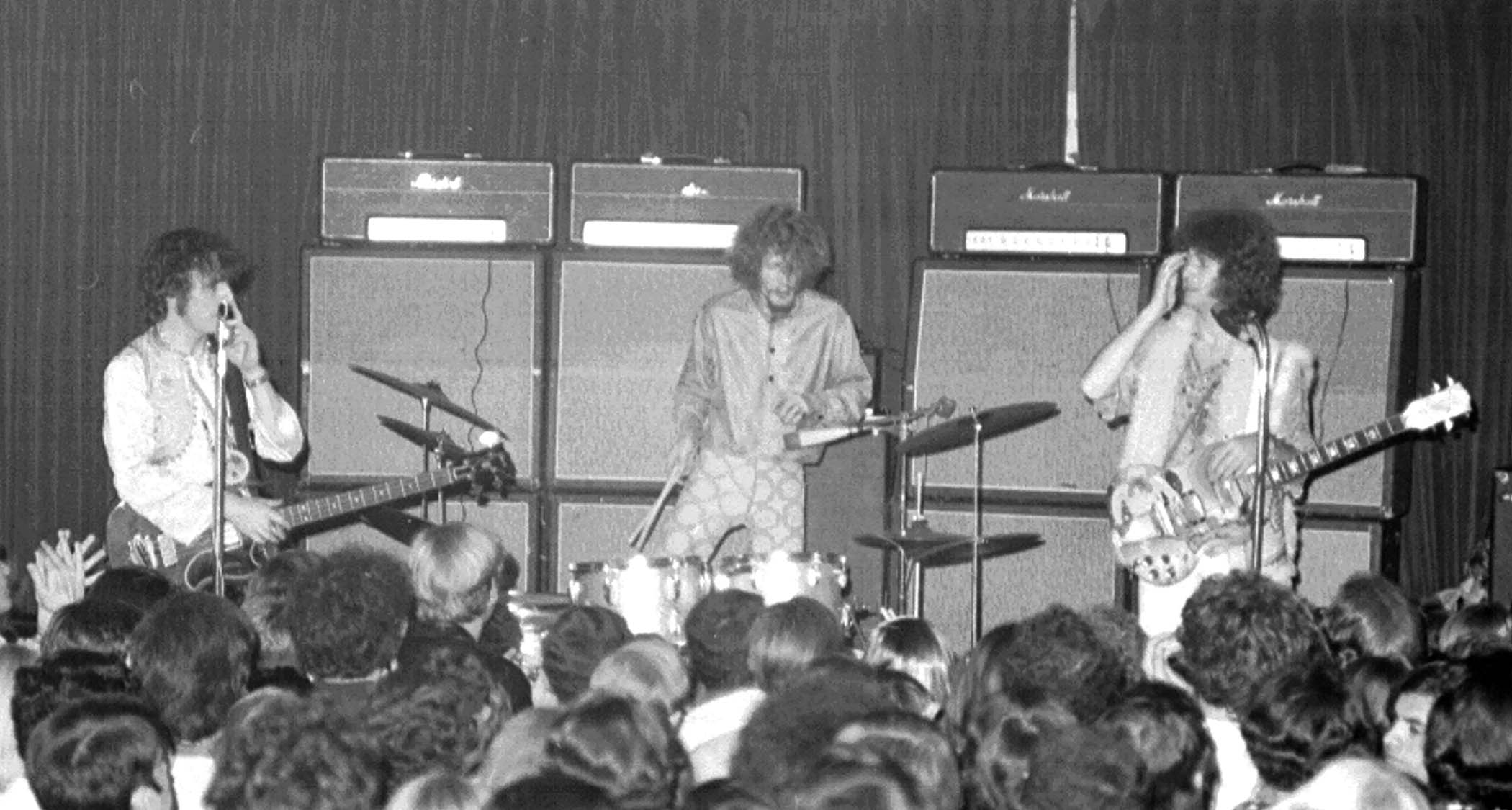“One of the rarest and most coveted vintage amplifiers ever”: Mesa/Boogie’s hallowed Mark IIC++ was used by Metallica to shape the sound of 1980s metal – and now it’s been given a production release for the first time ever
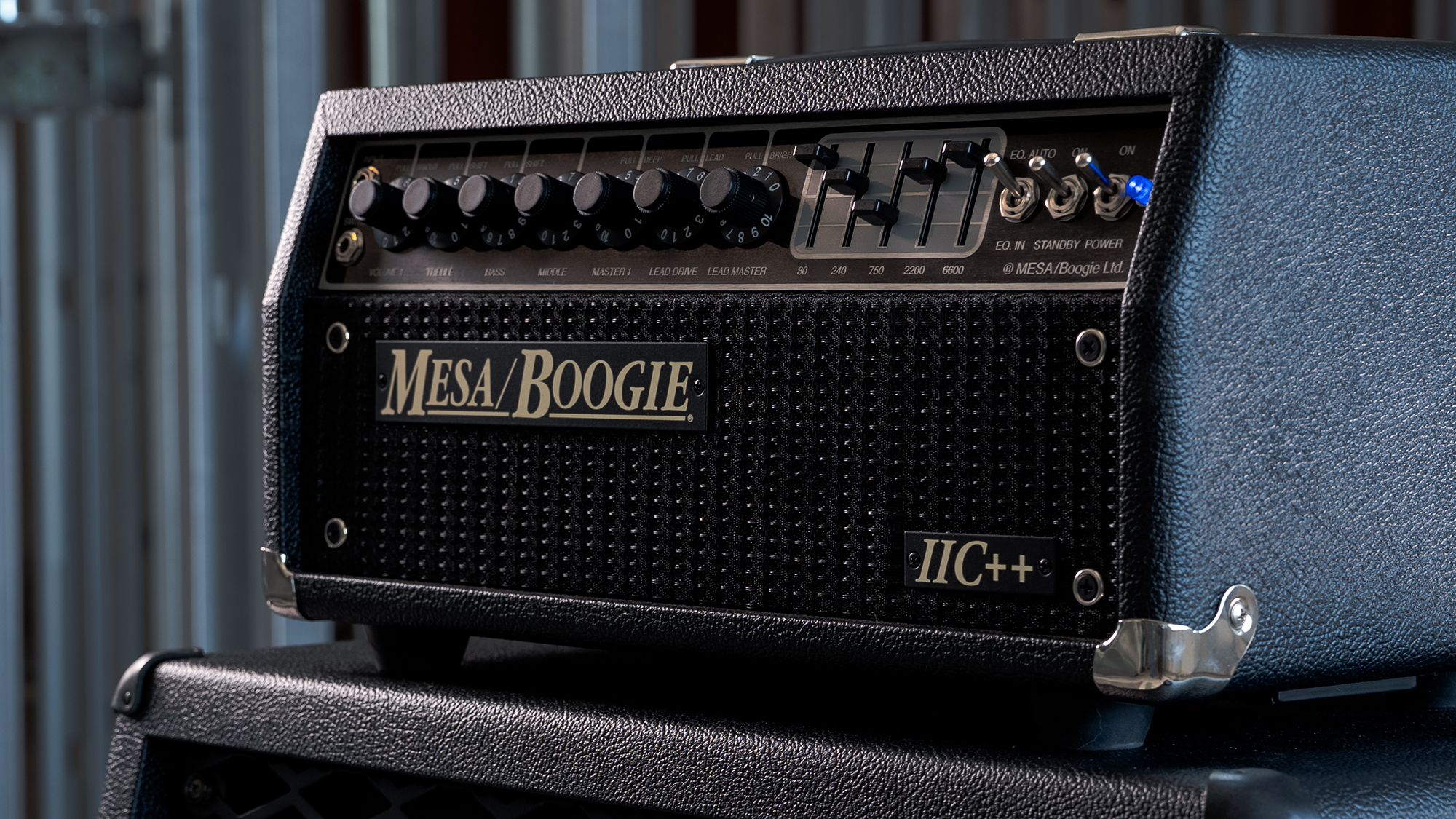
All the latest guitar news, interviews, lessons, reviews, deals and more, direct to your inbox!
You are now subscribed
Your newsletter sign-up was successful
Mesa/Boogie has released the holy grail Mark IIC++ as a production model, putting the ultra-rare custom amp head within reach of regular players for the first time in its history.
In the world of heavy metal and hard rock, Mesa/Boogie tube amps are some of the most revered out there, but the Mark IIC++ – a custom model from 1985 that was only ever created at the request of artists – is hallowed in its own right.
As Mesa/Boogie explains, the first Mark IIC++ was born out of a request from Vivian Campbell. In the mid 1980s, Campbell was playing with Dio, but asked for a modded version of his traditional Mark IIC+ in order to tap into “added gain and girth”.
The resulting creation quickly became the talk of the tone town among Mesa/Boogie circles, and though the IIC++ never became an official mod, it did become a favorite among a suite of A-list players, and was created on an ad hoc basis for those guitarists who required them.
As such, before its release today, it may just have been one of the most exclusive metal amps ever. An exact number of IIC++s created isn’t confirmed owing to the obscurity surrounding them, but the firm estimates only 20 were made. It’s an almost Dumble-level rarity and scarcity, which makes this launch all the more enticing.
After Campbell pioneered the IIC++, it was later used (perhaps most famously) by Metallica, who used the affectionately dubbed Crunch Berries amp (owing to the sticker they used on their own model) to shape the sound of heavy metal in the 1980s.
Speaking of the IIC++’s influence on the Metallica sound, Hammett once told MusicRadar, “They made very few of those Boogies and we happened to get a few. And those amps, along with EMG pickups were defining our sound.
All the latest guitar news, interviews, lessons, reviews, deals and more, direct to your inbox!
“They enabled us to get the sound that we needed to get across. If it wasn’t for those Mesa/Boogie amps and EMG pickups, I don’t know how much further we would have got with just Marshalls. With the Boogies it was something different.”
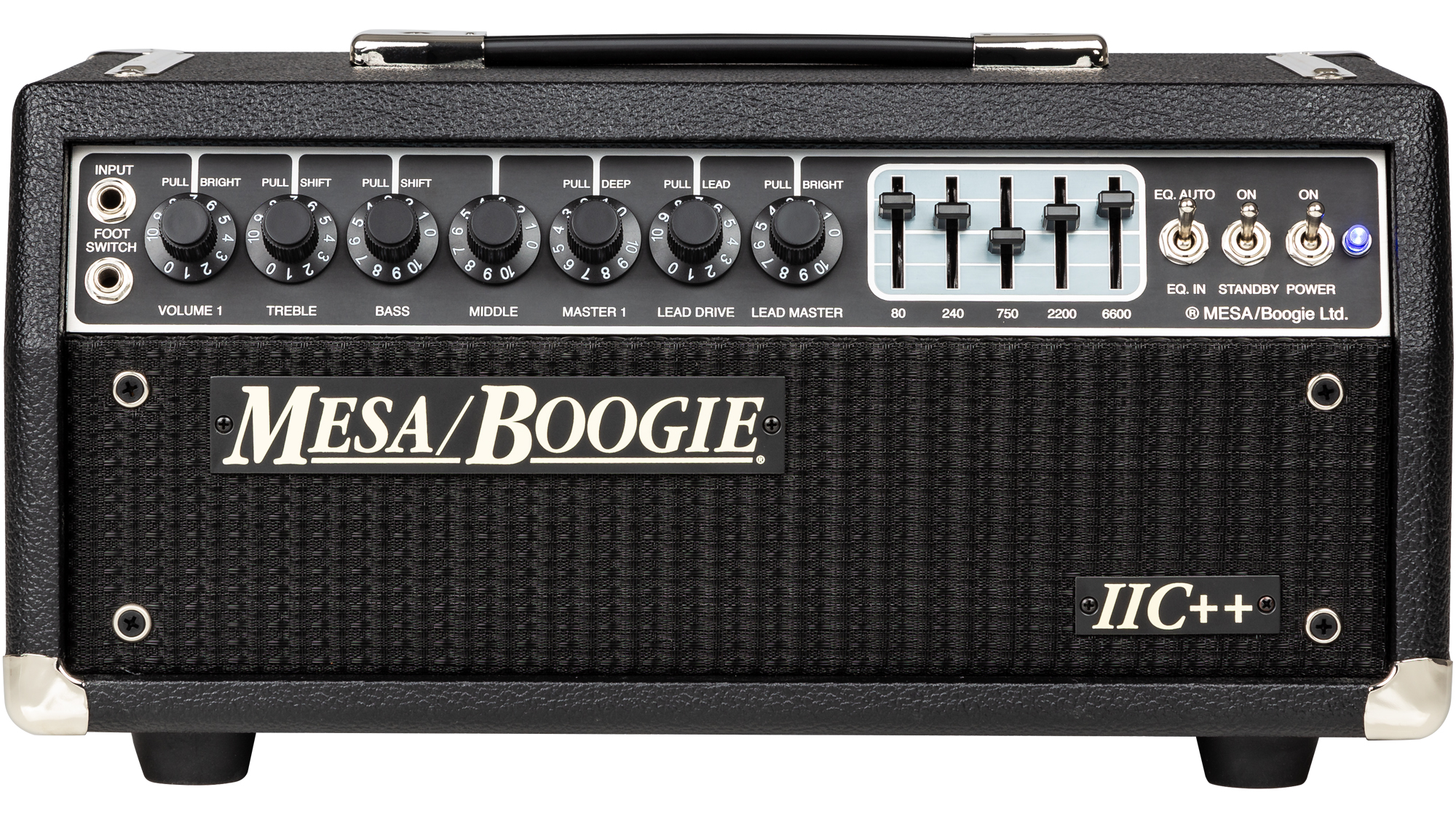
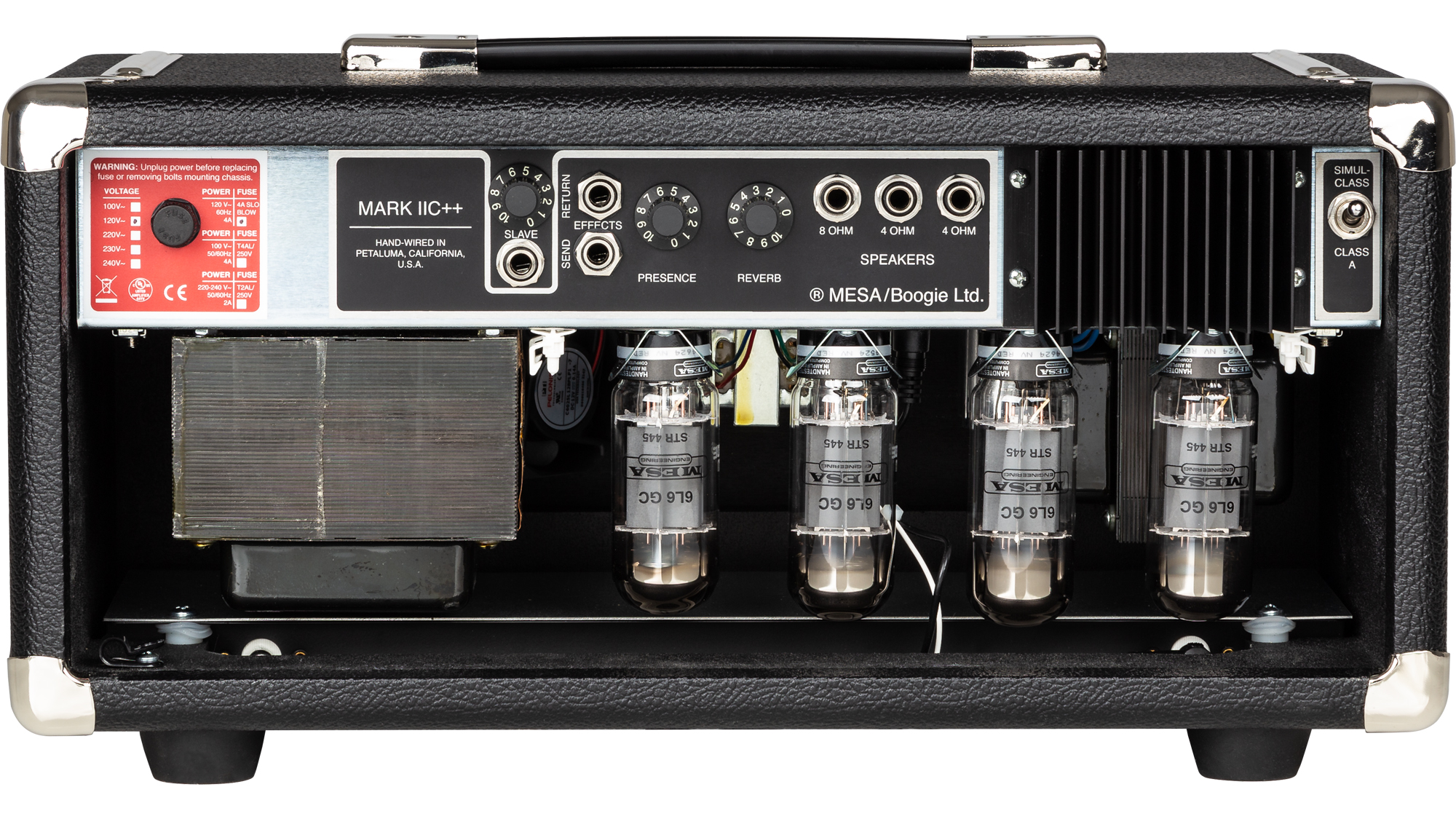
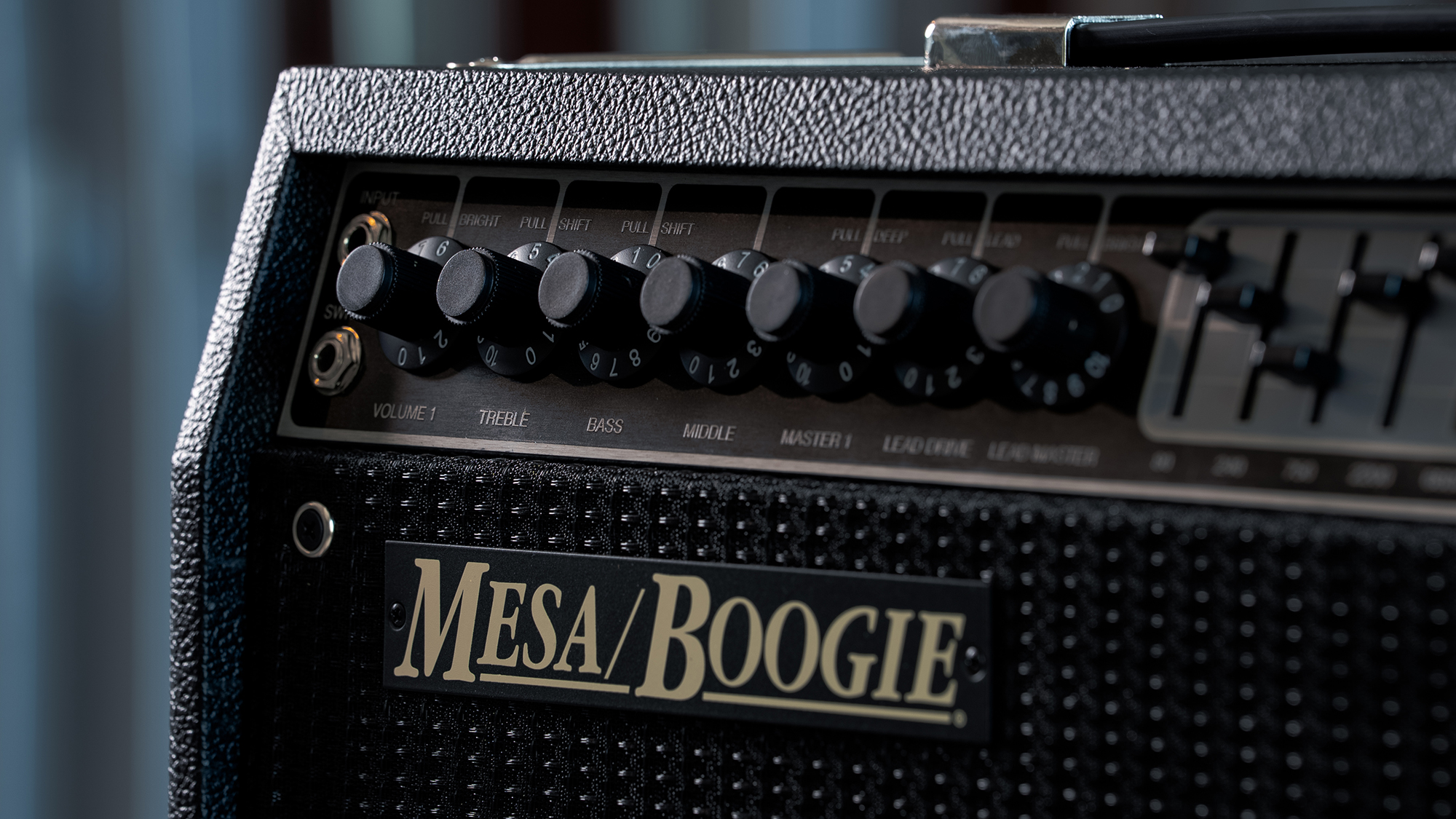
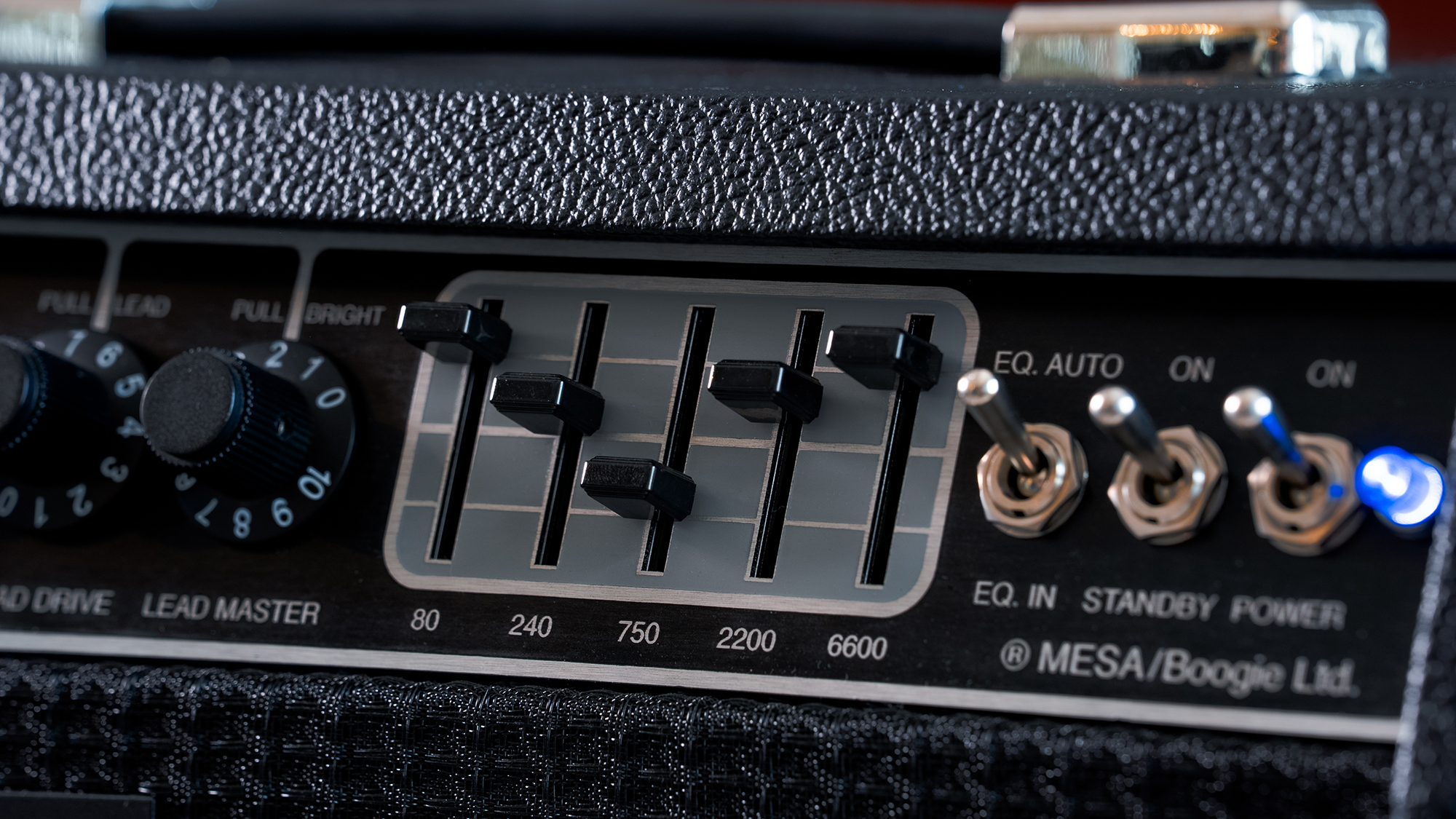
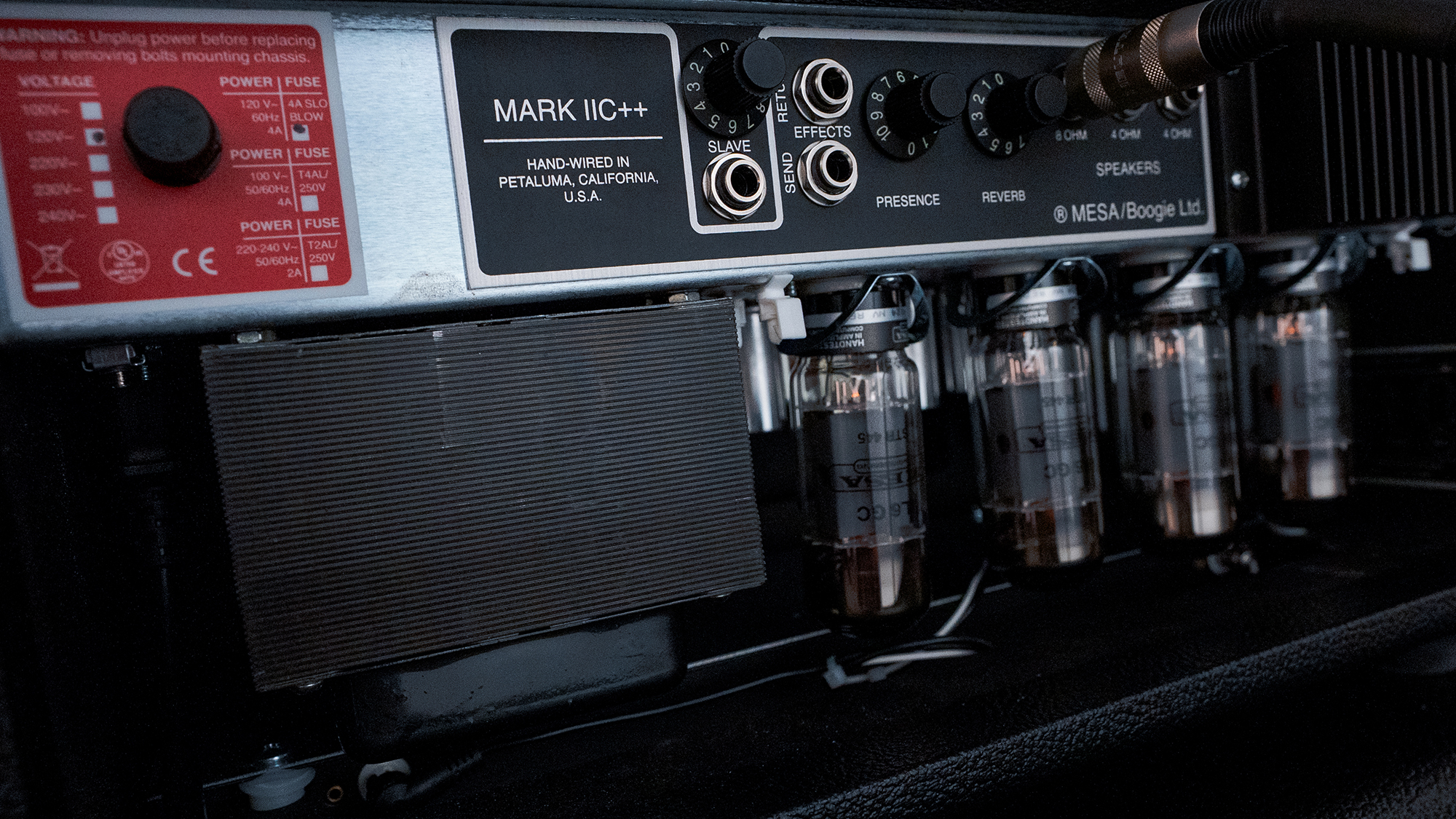
As for what sets the IIC++ apart from the standard IIC+ – which also received a reissue last year – the additional ‘+’ basically translates to additional gain and a tighter low-end. On the surface, the IIC++ looks the same as the IIC+ (save the mod-specific plate on the grille cloth), but it won’t behave like one.
In practice, it offers increased gain in the preamp, which only affects the Lead mode. The Clean mode will operate as normal, but the Lead offers more to-end gain, an enhanced low-end, and an overall “thicker” sound with more dynamic harmonic layering.
“Experience one of the rarest and most coveted vintage amplifiers ever, the Mark IIC++, in solid new form built by the same artisans who built the originals 40 years ago,” Mesa/Boogie writes. “These awe-inspiring gain machines have fueled some of the most iconic rock sounds ever captured on record.”
Only 200 of the Mark IIC++ will be made and, by the looks of things, they’ve all already sold out.
Visit Mesa/Boogie to find out more.

Matt is the GuitarWorld.com News Editor, and has been writing and editing for the site for five years. He has a Masters in the guitar, a degree in history, and has spent the last 19 years playing everything from blues and jazz to indie and pop. During his GW career, he’s interviewed Peter Frampton, Zakk Wylde, Tosin Abasi, Matteo Mancuso and more, and has profiled the CEOs of Guitar Center and Fender.
When he’s not combining his passion for writing and music during his day job, Matt performs with indie rock duo Esme Emerson, and has previously opened for the likes of Ed Sheeran, Keane, Japanese House and Good Neighbours.
You must confirm your public display name before commenting
Please logout and then login again, you will then be prompted to enter your display name.

